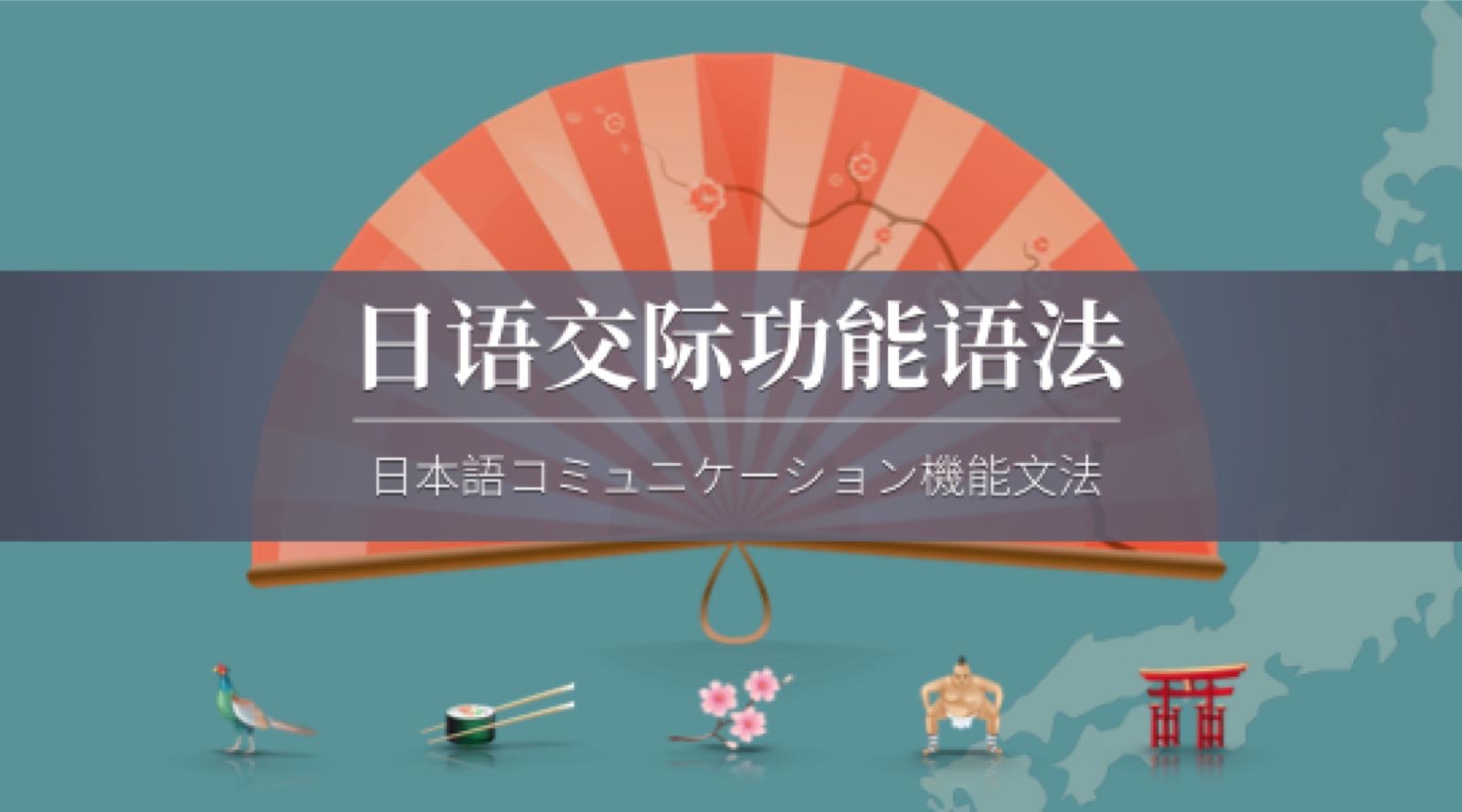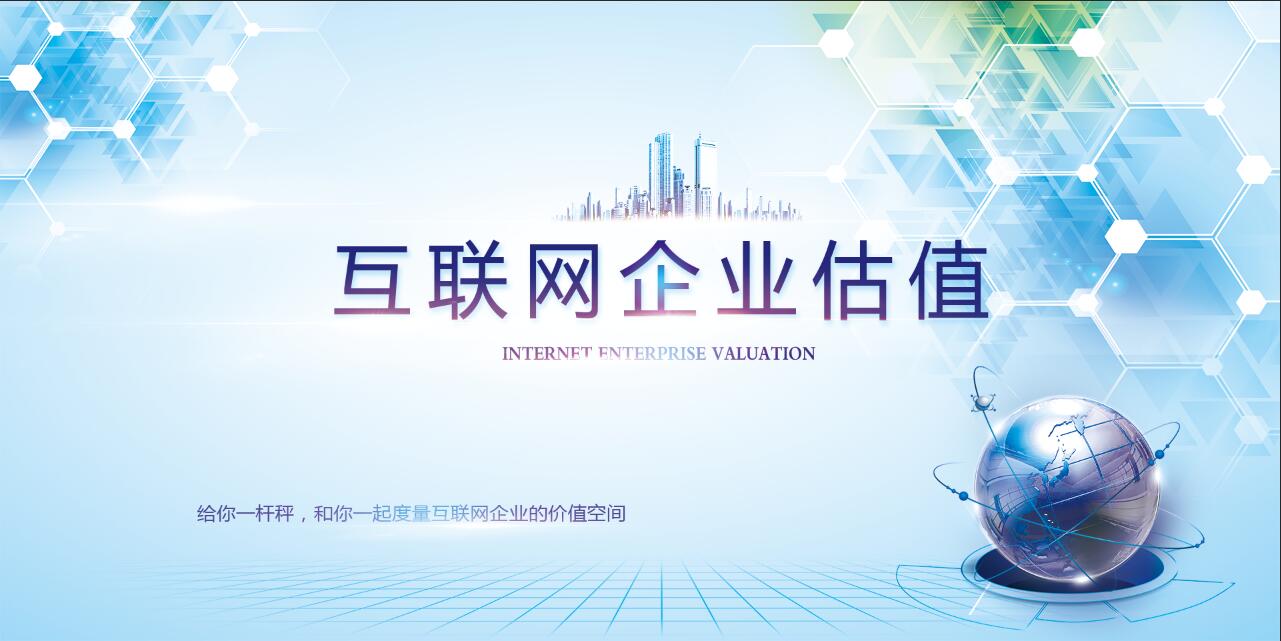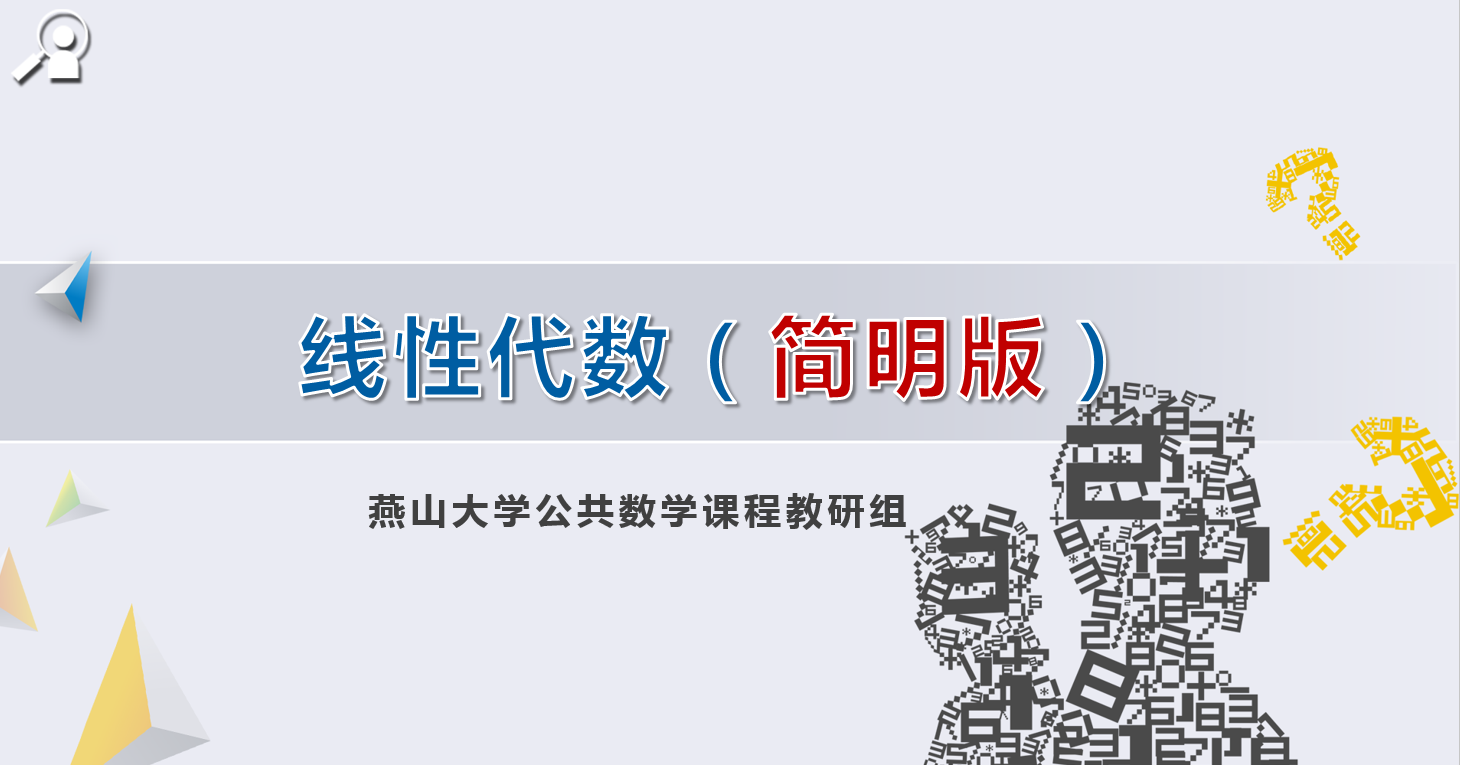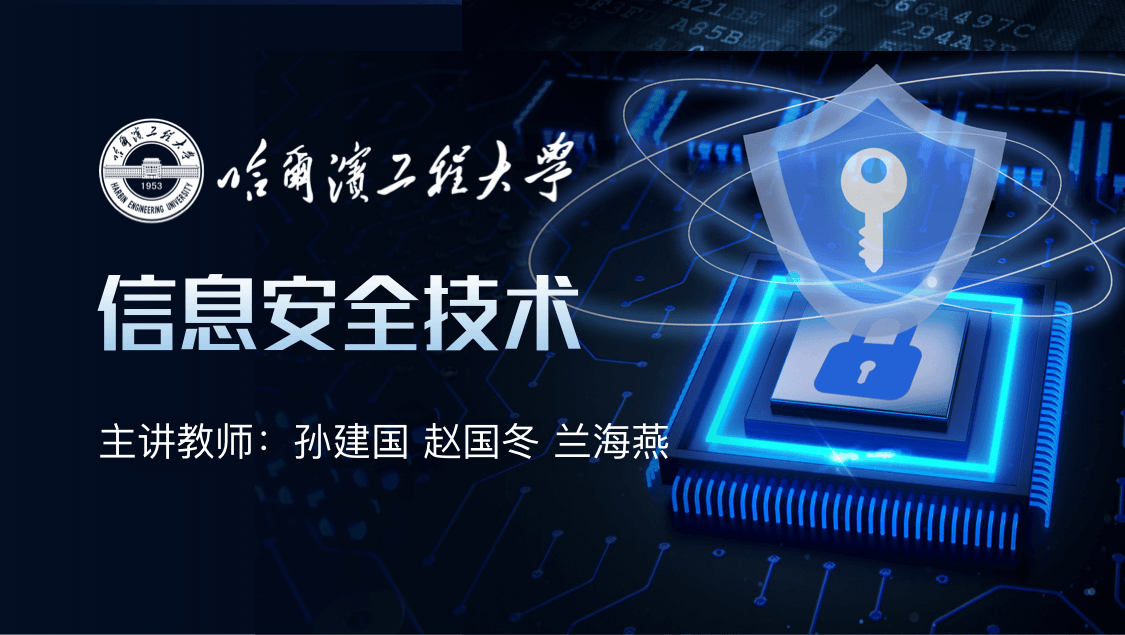
当前课程知识点:Overview of China > 第三章 理解中国 Understanding China > 3.4 中国教育 Education in China > 3.4.1 古代哲学和教育思想 Ancient philosophy and educational thought
返回《Overview of China》慕课在线视频课程列表
朋友 您好
Hello,friend !
欢迎您 走近中国 了解更多关于中国的知识
Welcome to approaching China for more information about China.
今天我们来讲中国的教育
Today we are going to talk about education in China.
首先我们来了解一下中国古代教育
First, let's take a look at education in ancient China.
中国古代教育十分发达
Education was developed in ancient China.
早在夏朝时期就已经出现了学校教育
School education appeared as early as the Xia Dynasty,
当时的教育主要是官学 学在官府
Education at that time was mainly government education, "learning in the government".
到了春秋战国时期
By the Spring and Autumn Period and the Warring States Period,
孔子开始私人讲学
Confucius began to teach privately,
开启了中国私塾教育的先河
Opened the precedent of private school education in China.
宋代以后出现了书院
Academies appeared, after the Song Dynasty.
成为私人办学的重要场所
Become an important place for private education.
汉代时期
During the Han Dynasty,
太学作为国家设立的最高学府和教育行政管理机构
Taixue, as the highest institution of higher learning and educational administration, established by the state,
用来培养官吏
To train officials,
后来也被称为国子监
Later also known as the imperial college.
中国选拔官吏的制度
Among the system of selecting officials in China,
秦汉时期是察举制度
During the Qin and Han Dynasties, the system of Chaju was carried out,
魏晋南北朝时期则为九品中正制
The period of Wei, Jin and Southern and Northern dynasties was JiuPin ZhongZheng system
直到隋代产生了科举制度
It wasn't until the Sui Dynasty that the imperial examination system came into being.
才成为以后历代王朝选拔官吏的主要方式
It became the main way of selecting officials in the later dynasties.
中国古代教育深受中国哲学思想的影响
Ancient Chinese education was deeply influenced by Chinese philosophy.
注重学生的思想品德教育
Focus on students' ideological and moral education.
接下来 我们一起来看一下中国古代哲学和教育思想
Next, let's take a look at ancient Chinese philosophy and educational thought.
孔子 名丘 字仲尼 鲁国人
Confucius, whose given name was Qiu, styled Zhongni, was a native of the state of Lu.
中国春秋末期伟大的思想家和教育家 儒家学派的创始人
A great thinker and educator in the late Spring and Autumn Period of China, the founder of Confucianism.
孔子主张 仁
Confucius advocated "benevolence".
他认为要做到 仁 就要关爱别人 己所不欲 勿施于人
He believed that to be "benevolent", one should care for others and "do onto others as you would be done".
他还认为 君子和而不同
He also believed that "the gentleman is harmonious but different",
也就是说 在处理人际关系上
That is to say, in dealing with interpersonal relations,
要承认人与人之间的差异
to recognize the differences between people,
不要用单一的标准衡量对方
do not use a single standard to measure each other,
这样才能达到社会的和谐与稳定
so as to achieve social harmony and stability.
孔子认为 为了达到仁 就要 克己复礼
Confucius believed that in order to achieve benevolence, it is necessary to "restrain oneself and resume rites".
也就是说 要约束自己的行为以便符合礼的要求
That is to say, to restrain their own behavior in order to meet the requirements of etiquette.
孔子的思想成为中国后世思想的源流
The thoughts of Confucius became the source of thoughts of later generations in China.
被孟子等发展为 仁政 以德治国 讲究 天人合一 等
It was developed by Mencius as "benevolent governance", "governing the country by virtue" and "unity of man and nature".
孔子的教育思想主要体现在 有教无类 因材施教 上
Confucius' educational thought is mainly embodied in "teaching without classes" and "teaching students according to their aptitude".
也就是 不论贫穷还是富贵 都应该接受教育
That is, whether rich or poor, should be educated;
对待不同的学生 应该给予不同的教育方法 发掘学生的特长
Treat different students, should be given different methods of education, explore students' expertise.
在教育方法上讲究启发式教育
Pay attention to heuristic education in educational methods,
促使学生独立思考 敢于发表自己的见解
Encourage students to think independently and dare to express their opinions.
在学习方法上强调 温故而知新 等方法
the study method emphasizes "review the old will know the new" and other methods.
他的教育思想对中国古代教育影响深远
His educational thought had a profound influence on the education in ancient China.
甚至在今天仍具有现实意义
It is relevant even today.
他的思想主要汇集在《论语》一书中
His thoughts are mainly collected in the Analects of Confucius.
由于孔子的哲学和教育思想博大精深
Due to the extensive and profound philosophy and educational thought of Confucius,
自古就有 半部《论语》治天下 的说法
there has been a saying since ancient times that "half the Analects of Confucius governs the world".
也就是说 你掌握了《论语》的主要思想 就可以顺利地治理国家了
In other words, if you master the main ideas of the Analects of Confucius, you will be able to govern the country smoothly.
此外 儒学思想还非常注重 修身 齐家 治国 平天下
In addition, Confucianism also attaches great importance to "by cultivating morality, regulating the family, governing the country and then get the world peace ".
也就是说 修养品性 才能管理国家 才能使天下太平
That is to say, cultivate character, in order to govern the country, in order to make the world peaceful.
在这里 将 修身 放在了首位 即修养身心 完善自己
Here, "cultivate one's morality" was put in the first place, namely cultivate body and mind, perfect oneself.
如果连修身都做不到 那齐家 治国 平天下就更谈不上了
If we can't even cultivate our morality, the topic of "regulating the family, governing the country and then get the world peace is out of question".
中国著名的哲学家冯友兰先生总结
Feng Youlan, a famous Chinese philosopher, concluded that
中国哲学所讲的就是所谓 内圣外王 之道
what Chinese philosophy talks about is the so-called "inner sage and outer king".
内圣 讲究内心道德的修为
"inner sage" stresses the cultivation of inner morality,
外王 可以理解为对外施行王道
"outer king" can be understood as the implementation of foreign kingship,
讲究道德与政治的统一
pay attention to the unity of morality and politics.
当今教育也非常重视对学生品德的培养
Nowadays education also attaches great importance to the cultivation of students' morality.
在全面推广素质教育的今天
Nowadays, when quality education is comprehensively promoted,
培养 德 智 体 美 劳 全面发展的人才
cultivating talents with all-round development of "morality, intelligence, physique, beauty and labor"
一直是当代中国教育的核心主题之一
has always been one of the core themes of contemporary Chinese education.
好 关于古代哲学和教育思想先学习到这里 谢谢
OK, let's learn about the four new inventions of Chinese science and technology. Thank you!
-1.1 初识中国 First acquaintance of China
--1.1 初识中国 First acquaintance of China
-1.2 人文中国 Humanistic China
-1.3 美丽中国 Beautiful China
-1.4 绿色中国 Green China
-1.5 民俗中国 Folklore China
-小测验 Quiz
-2.1 畅行中国 Unimpeded China
--2.1.1 中国交通方式 China's mode of transportation
--2.1.2 中国著名人文景观 Famous cultural landscape in China
--2.1.3 中国著名自然景观 Famous natural landscape in China
-2.2 乐居中国 Happy living in China
--2.2.1 中国传统官式建筑 Traditional Chinese official architecture
--2.2.2 中国传统民居 Traditional Chinese houses
--2.2.3 中国现代城镇的发展 The development of modern towns in China
-2.3 食在中国 Eating in China
-2.4 穿在中国 Wear in China
-2.5 医在中国 Medicine in China
-小测验 Quiz
-3.1 中国历史 Chinese History
--3.1.1.走向大一统的中华文明 Towards the unification of Chinese civilization
--3.1.2 多民族融合的封建帝国 A multi-ethnic feudal empire
--3.1.3 日新月异的和平中国 Peaceful China changing with each passing day
--小测验 Quiz
-3.2 中国科技 China‘s Science and Technology
--3.2.1 中国古代四大发明 Four great inventions in ancient China
--3.2.2 中国古代数学和天文学 Ancient Chinese mathematical astronomy
--3.2.3 古代青铜器和农业科技 Ancient bronzes and agricultural technology
--3.2.4 中国新四大发明 Four new inventions in China
--3.2.5 国防与民生科技 National defense and people's Livelihood Science and technology
--3.2.6 中国航空航天 China Aerospace
--小测验Quiz
-3.3 中国经济 China's Economy
--3.3.1 中国古代农业和手工业 Ancient Chinese agriculture and handicraft industry
--3.3.2 中国古代商业 Ancient Chinese Commerce
--3.3.3 中国现代经济政策和体制 China's modern economic policy and system
--3.3.4 中国经济发展的成就 Achievements in China's economic development
--3.3.5 中国经济发展的新趋势 The new trend of China's economic development
--小测验Quiz
-3.4 中国教育 Education in China
--3.4.1 古代哲学和教育思想 Ancient philosophy and educational thought
--3.4.2 古代学校教育 Ancient school education
--3.4.3 科举制度 Imperial examination system
--3.4.4 扫盲运动与高考 Literacy campaign and college entrance examination
--3.4.5 中国现代教育体系 China's modern education system
--3.4.6 国际教育交流与合作 International educational exchange and cooperation
--小测验Quiz
-4.1 文学欣赏 Literary Appreciation
--4.1.1 《诗经》和《离骚》Book of Songs and Li Sao
--4.1.2 诸子散文 Philosophical Prose
--4.1.3 唐诗宋词 Chinese Tangsong Poetics
--4.1.4 四大名著 Four Masterpieces
--4.1.5 中国现代文学 Modern Chinese Literature
--4.1.6 中国当代文学 Contemporary Chinese Literature
--小测验 Quiz
-4.2 音乐欣赏 Music Appreciation
--4.2.1 中国传统音乐与乐器 Traditional Chinese Music and Musical Instruments
--4.2.2 中国古典十大名曲 Ten Famous Classical Chinese Songs
--4.2.3 五彩缤纷的现代音乐 Colorful Modern Music
--小测验 Quiz
-4.3 戏曲欣赏 Opera Appreciation
--4.3.2 豫剧和其他地方戏 Henan Opera and Other Local Operas
--4.3.3 皮影戏和样板戏 Shadow Play and Model Play
--小测验 Quiz
-4.4 书画欣赏 Appreciation of Painting and Calligraphy
--4.4.1 文房四宝及书体 Four Treasures of Study and Calligraphy Style
--4.4.2 书法艺术习成及名家名作 Calligraphy and Masterpieces
--4.4.3 中国画的工具及分类 Tools and Classification of Chinese Painting
--4.4.4 中国绘画名家名作 Famous Works of Chinese Painters
--4.4.5 中国书画艺术思想 The artistic Thought of Chinese Painting and Calligraphy
--小测验 Quiz
-4.5 影视欣赏 Film Appreciation
--4.5.3 20世纪90年代至今中国电影欣赏 Chinese film appreciation since 1990s
--小测验 Quiz
-4.6 武术欣赏 Chinese Martial Arts Appreciation
--4.6.1 中国武术的源流与发展 The Origin and Development of Chinese Martial Arts
--4.6.2 中国武术流派 Chinese Martial Arts schools
--4.6.3 十八般武器 18 Weapons of Martial Arts
--4.6.4 中国武术文化欣赏 Appreciation of Chinese Martial Arts Culture
--小测验 Quiz
-5.1 源远流长的古代中外交流 Ancient exchanges between China and foreign countries
--5.1源远流长的古代中外交流 Ancient exchanges between China and foreign countries
-5.2 丰富多彩的现代中外交流 Rich and colorful modern exchanges between China and foreign countries
--5.2 丰富多彩的现代中外交流 Rich and colorful modern exchanges between China and foreign countries
-小测验 Quiz
-期末考试 Final Examination
--期末考试 Final Examination




